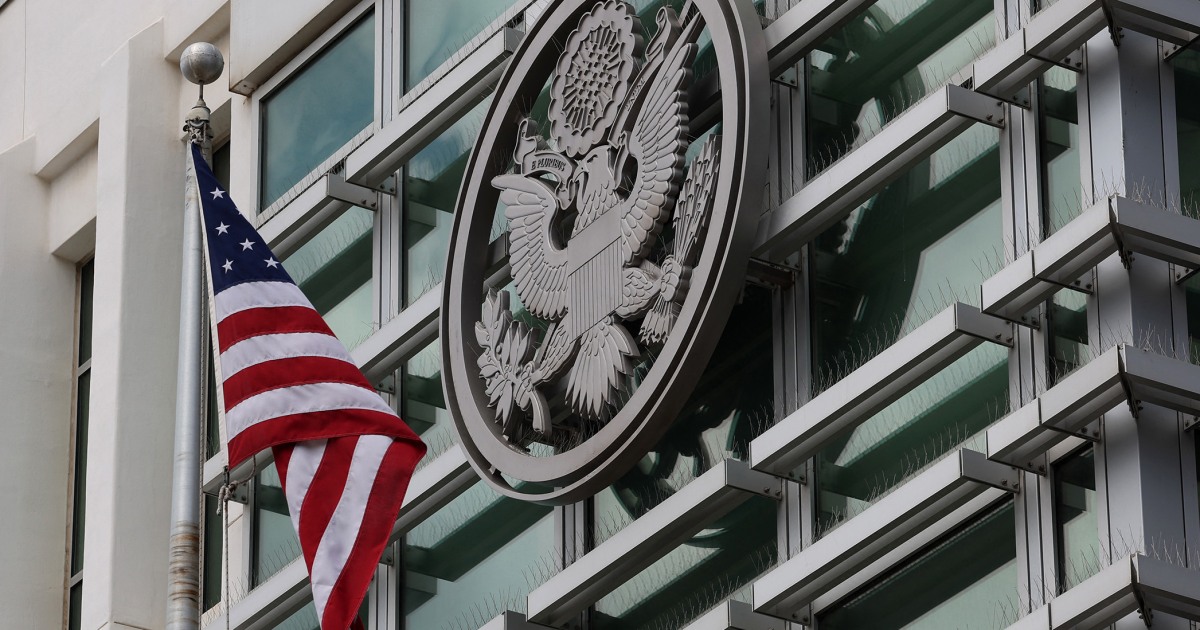Kuwait's Citizenship Revocation: Over 37,000 Individuals Affected, Mainly Women

A recent report has revealed that the Kuwaiti government has revoked the citizenship of more than 37,000 individuals, with a significant majority of those affected being women. This alarming action has raised serious concerns about the human rights implications and the future of stateless individuals in the region.
The mass citizenship revocation was carried out as part of a broader government initiative to address illegal residency and immigration issues within the nation. While the government has stated that the revocation is aimed at maintaining national security and order, critics argue that it disproportionately targets marginalized communities, particularly women and children.
Kuwait has a long history of complex citizenship laws that often leave certain demographics vulnerable to statelessness. Many of those affected by the recent policy change belong to specific ethnic backgrounds or have ties to expatriate families, who have lived in Kuwait for generations. These individuals often lack adequate documentation, making it easier for the state to strip them of their citizenship.
The repercussions of this move are dire. Many of those who have lost their citizenship face uncertainty regarding their legal status, access to education, healthcare, and employment opportunities. Advocacy groups have condemned the decision, calling it a violation of fundamental human rights and urging the government to reconsider its stance.
This situation is not an isolated incident; it reflects a broader trend in the Gulf region where citizenship and residency laws have become increasingly stringent. As countries grapple with demographic challenges and national security concerns, the rights of stateless individuals are often overlooked.
International organizations, including the United Nations, have expressed concern over the potential humanitarian crisis that could emerge from this mass citizenship revocation. They emphasize the need for governments to uphold their obligations to protect all individuals within their borders, regardless of their legal status.
In summary, the decision by Kuwait to revoke citizenship from over 37,000 individuals, predominantly women, raises critical questions about human rights and the treatment of stateless populations. As the situation develops, the international community will be watching closely to see how Kuwait addresses these challenges and whether it will take steps to protect the rights of those affected.

























